Mr Bala Wunti, the Group General Manager, National Petroleum Investment Management Services (NAPIMS), says Nigeria will soon exit petrol importation with the coming on stream of Dangote Refinery in Lagos and the rehabilitation of three refineries.
Giving the ray of hope in New York, Wunti said the refineries would also help to achieve a net position in terms of product surplus by meeting both local demands for petroleum products and export to neighbouring countries.
“We hope to exit petrol importation very soon. Like you (the reporter) said we have a combination of projects, he said in an interview with Reuters on the sidelines of the Reuters Global Energy Transition 2022 .
“Dangote is the flagship project in the refining of crude. We are also rehabilitating three refineries and with other additional refineries on small scale.
“They will help us to achieve a net position in terms of product surplus and we will not only be in a position to meet local demands but to be able to supply to neighbouring countries.
“The Dangote refinery is going on very well and NNPC Ltd has 20 per cent shares in it and we are targeting to commission it next year,’’Wunti said.
Persecondnews recalls that Nigeria’s total import value stood at $220.2 billion between 2015 and 2019 with refined petroleum taking the largest chunk import bill.
He said rather than trying to replace hydrocarbons in Nigeria’s energy transition, the nation’s focus is on how hydrocarbons are delivered in a clean, reliable and affordable way.
“When we see a lot of investment in trying to propose how to replace hydrocarbons, I think in my view this is misdirected. The focus should be on how hydrocarbons are delivered in a clean, reliable and affordable way.

“We need to be able to create a balance whereby we don’t sacrifice reliability and security of energy for the aspirations of getting to net zero or to cleaner energy – there has to be a balance. An imbalance would lead to social destabilization across the region,’’ he said.
Persecondnews.com reports that the conference on energy transition featured speakers who reiterated the importance of fossil fuels within the scope of the transition period, using Russia’s invasion of Ukraine – and the displacement of millions of barrels of oil and substantial volumes of natural gas – as the reason for that.
Also speaking at the summit, Enel Chief Executive Francesco Starace said the fallout from Russia’s Feb. 24 invasion of Ukraine has forced Europe to seek natural gas from other sources, saying it was a “surviving tool” to get out of the current inflationary stretch.
Lorenzo Simonelli, CEO of Baker Hughes, who also participated in the discussion, asserted that “energy is good, emissions are bad’’, a position that was quickly adopted by other attendees.
For Wunti, he sees his country’s energy efforts as likely to concentrate on gas, pointing out that without significant investment, the result would be higher prices.
Asked about Nigeria’s production outlook, Wunti also explained:“The target for the country is what is contained in our national budget. We have about 1.8 million barrels in our budget and we are trying to produce that.
“As you are aware there is a strong correlation between oil prices and investment. Investment comes when the oil price is high.
“However, when the investment comes, it takes a cycle of 18 to 24 months to bring that barrel out.”
Explicating the importance of natural gas, the GGM of NAPIMS said the country’s focus is on natural gas as it planned to use it to export as LNG or pipe gas to generate revenue.
“All of our focus now is on natural gas and we intend to use natural gas to export as LNG or pipe gas to generate revenue.
“We intend to use gas for gas-based industry and we intend to use gas to create power and also intend to also use gas to participate in blue hydrogen,’’ said Wunti, who represented the Group Managing Director of NNPC Ltd, Malam Mele Kyari at the New York conference.
On gas flaring and whether the country has enough gas, he said it is blessed with enough gas but regretted that the country was not delivering enough gas.
“The answer is Yes that we have enough gas but we are not delivering enough gas today. Why are we not delivering enough gas, I think there are quite a number of challenges that has to do with commercial framework.
“ Commercial framework leads to the enactment of the PIA (Petroleum Industry Act); the PIA is out there. Everybody has seen it, everybody likes it. People are going to be making long-term investment.
“Secondly, as you are aware, most of the suppliers of gas are based on associated gas and we are going to a regime that we have deliberate exploration and production of non-associated gas,’’ Wunti explained.
“We believe that before the end of the year, we will bring back our business plan commitment level of NLNG.
“Just last week with the Enwhe Plant project from Shell commissioned and has started bringing gas to deliver to NLNG. Quite a number of projects have been lined up by the middle gas suppliers to be able to meet the optimum level of production of NLNG.’’












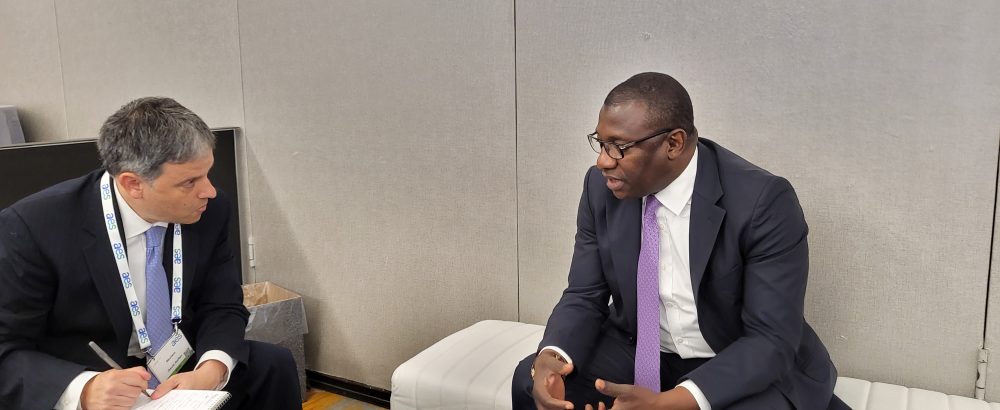







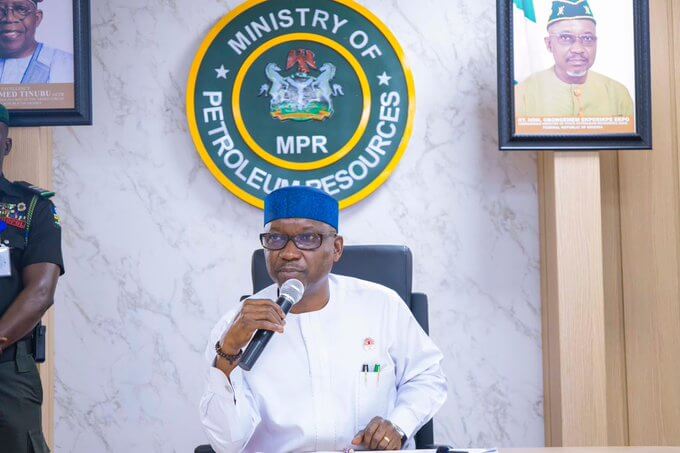

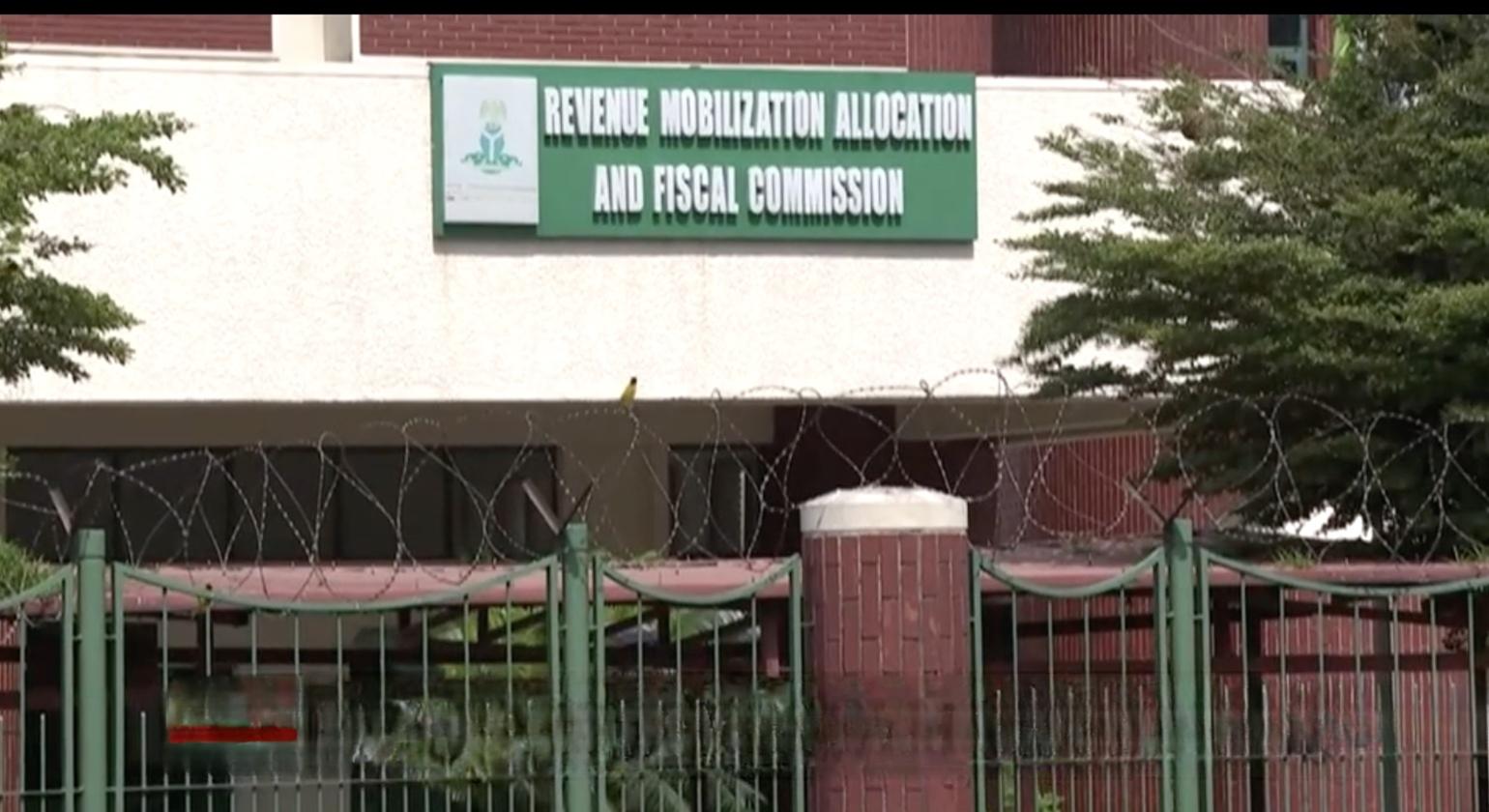



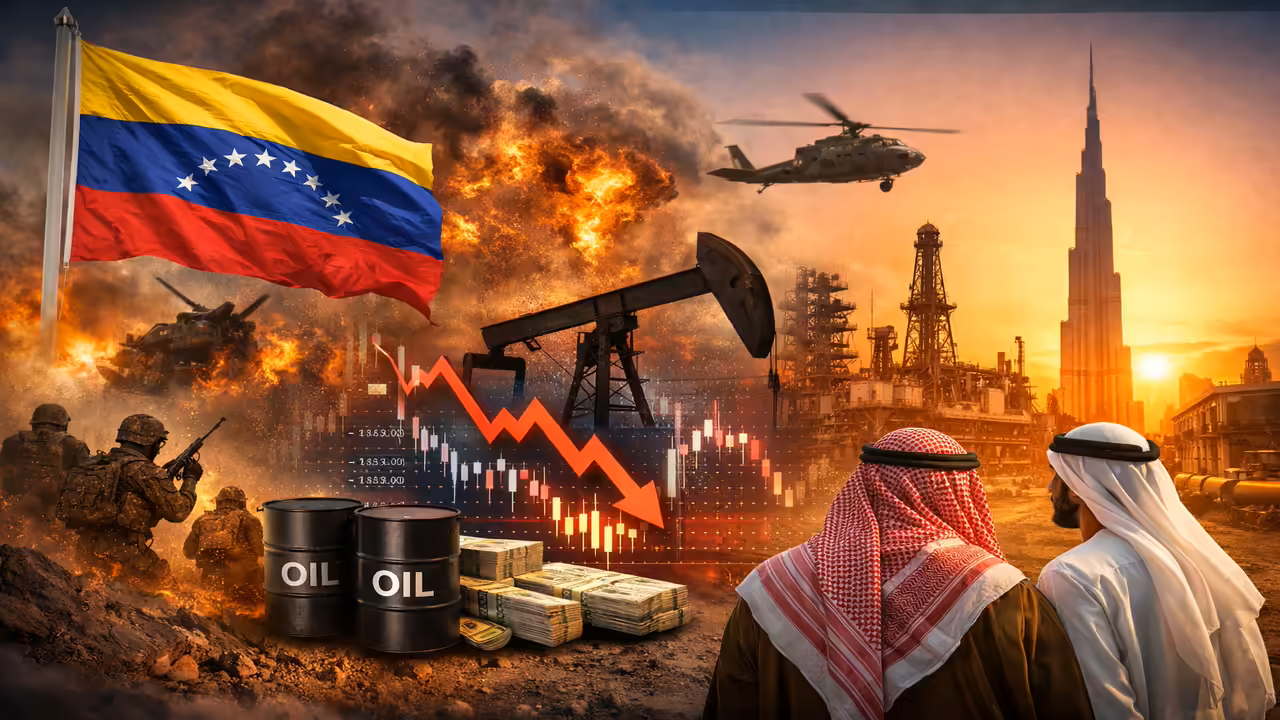
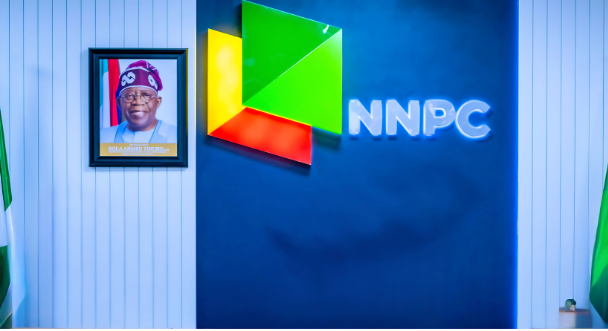
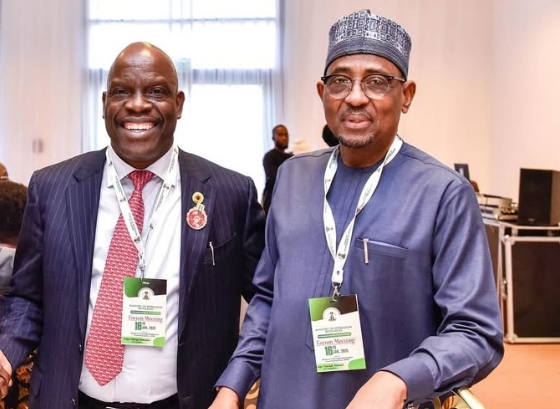
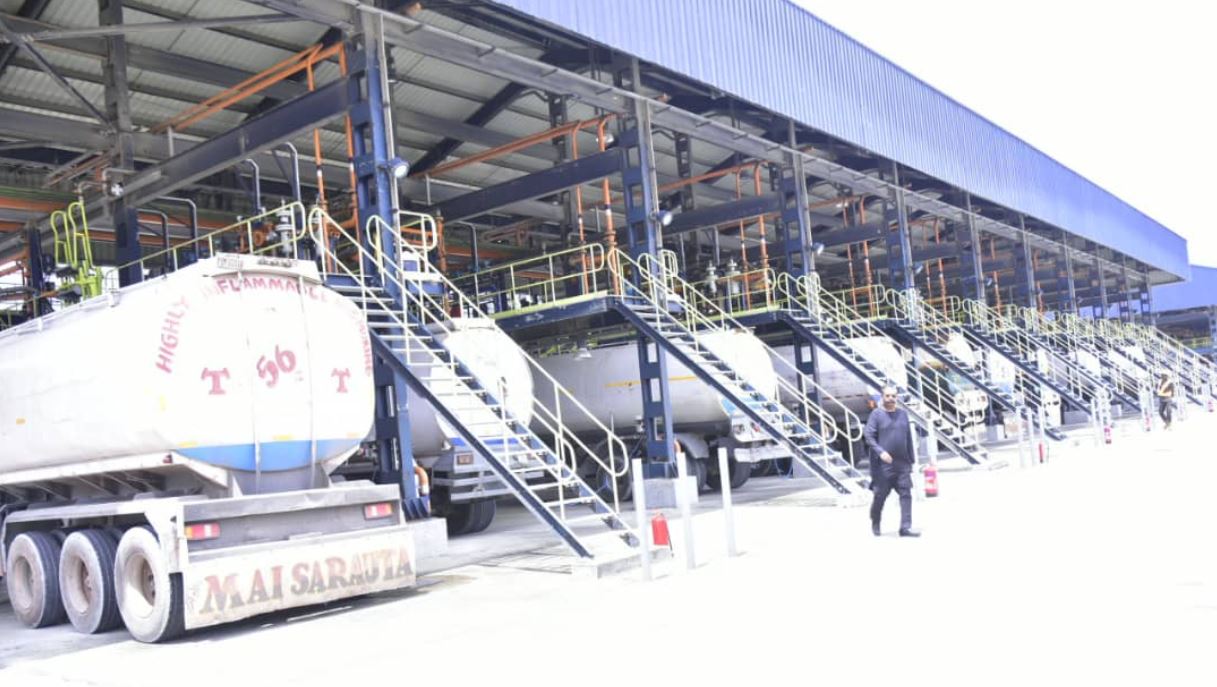



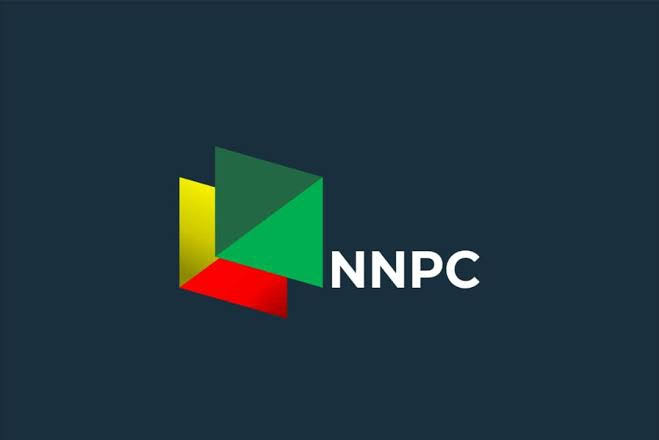

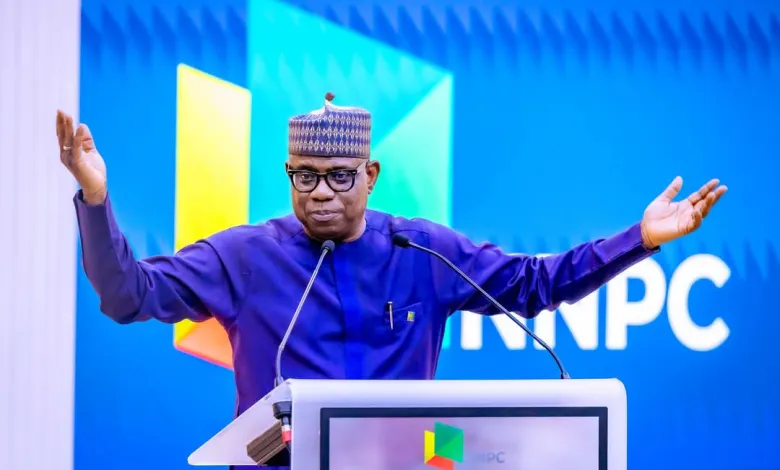
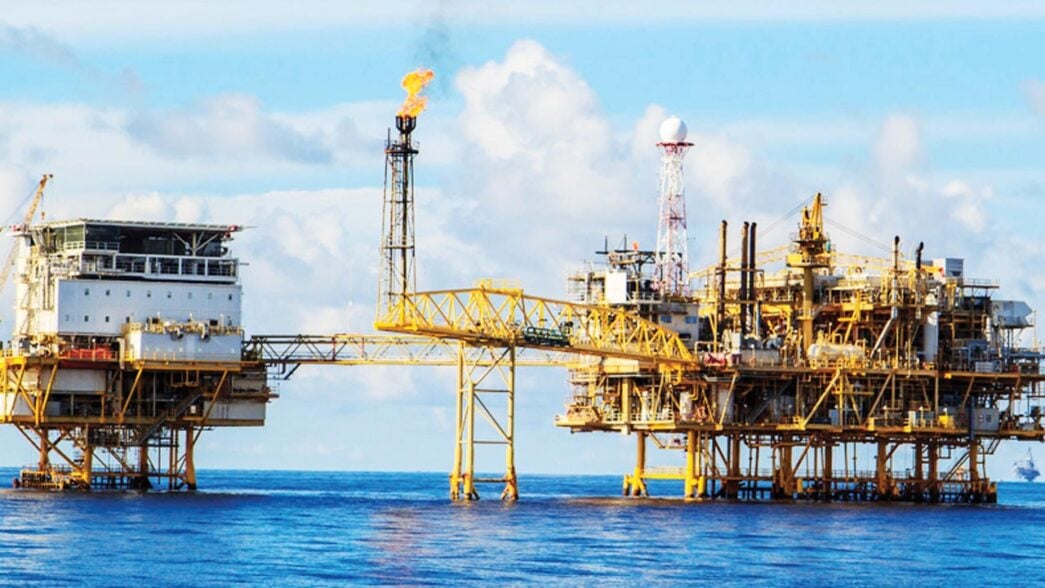

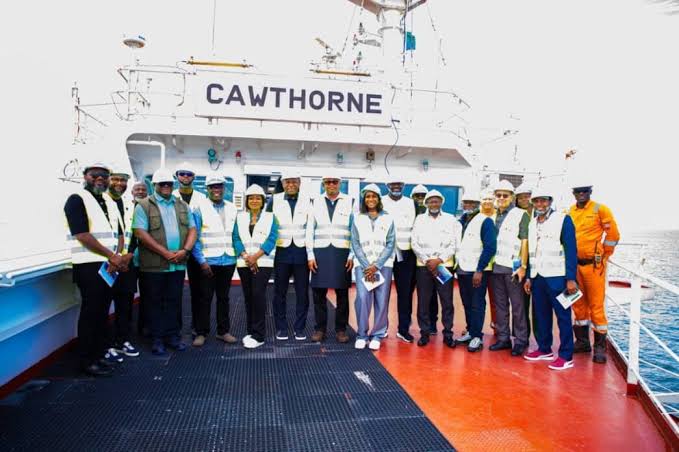
Leave a comment